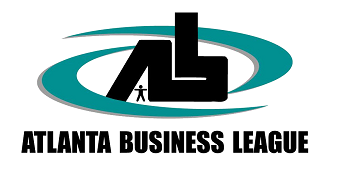What Is a Chargeback? A Business Owner’s Guide
Unwarranted credit card chargebacks — known as friendly fraud — likely cost e-commerce merchants over $25 billion by the end of 2020. Not all chargebacks are fraud but it can hit honest merchants’ bottom lines hard if left unchecked.
What is a chargeback? Let’s take a look at what it means and what you can do to avoid them.
What Is a Chargeback?
A chargeback is the reversal of a charge on a buyer’s credit card but instead of coming to you for a refund, they go directly to the credit card company. To initiate a chargeback, they need to claim some sort of fraud by you, the merchant.
This could be any number of things, including:
- They never received the product or service
- The product was not what they paid for
- The charge was never authorized
Why Credit Card Companies Allow Chargebacks
Chargebacks are meant to keep merchants honest by providing consumers a way to recover their money if a shady company doesn’t deliver what they paid for. They also protect consumers whose credit cards are used fraudulently.
When Should a Buyer Initiate a Chargeback?
A buyer should only initiate a chargeback in the case of a truly fraudulent transaction, such as the situations listed above. Chargebacks should never get used as a way to get a refund for a legitimate purchase.
There are two major problems with this kind of “friendly” fraud. First, if they did receive the product or service they paid for and request a chargeback, the merchant could end up with nothing. The payment they received gets refunded to the buyer and the buyer doesn’t need to return the item they bought.
Second, most credit card companies charge a significant chargeback fee to the merchant so they’ll be out even more money at the end of the process.
Tips for Preventing Chargebacks
There are several precautions you can take to reduce chargebacks.
First, provide buyers with a fast, easy way to request a refund of their purchase. The more difficult the process is and the more time they have to spend on it, the more likely they are to go straight to a chargeback.
Next, make sure you have good documentation for the entire sales process. You want to be able to verify the item purchase was actually delivered and the correct buyer received it to avoid potential chargeback fraud.
Third, don’t ignore chargebacks if you receive them. Credit card companies have a chargeback cycle that includes an investigation of the claim. Part of that process is gathering information from the seller.
If you ignore the claim, the credit card company will almost always process the chargeback for the buyer. Once it’s processed, you’ll have a hard time reversing it.
Don’t Let the Threat of Chargebacks Stop You From Accepting Credit Card Payments
Now that you’ve got an answer to the question, “What is a chargeback?”, you might think it’s more risk than it’s worth. While cases of friendly fraud do occur, the benefits of accepting credit card payments outweigh the risks in most cases.
Be sure to check out the Business category on our website for more helpful articles about running a small business.



